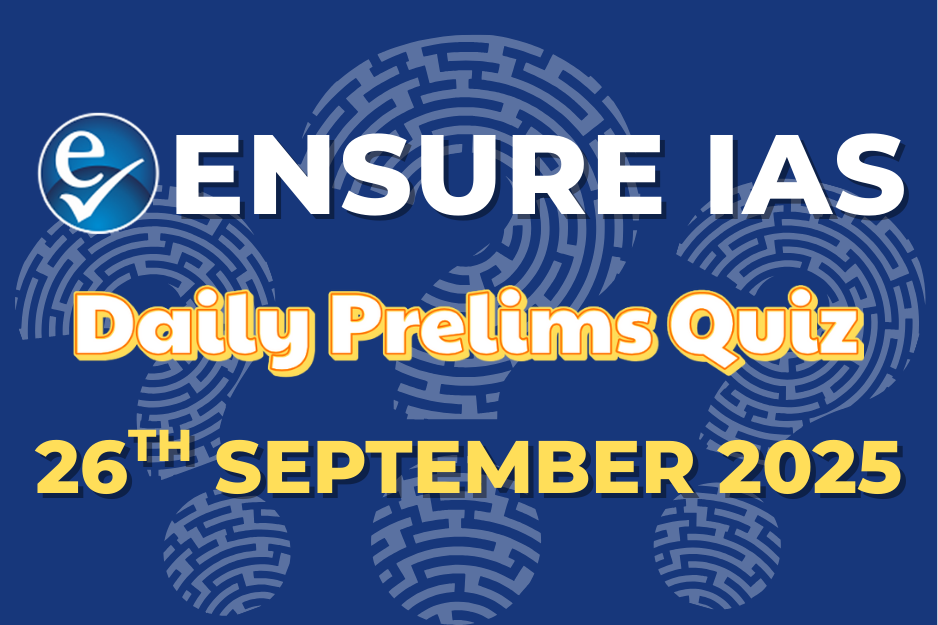Q3. Consider the following statements about the impact of pollution on human health:
- Air pollution can lead to respiratory diseases, cardiovascular diseases, and can exacerbate asthma.
- Water pollution primarily affects human health through the consumption of contaminated seafood.
- Soil pollution can lead to decreased crop yields but has no direct impact on human health.
- Exposure to high levels of noise pollution can result in permanent hearing loss, stress, and high blood pressure.
Which of the statements given above are correct?
Answer: A [1 and 4 only]
Explanation: Statement 1 is Correct: Air pollution is a well-known risk factor for various health problems. It can irritate and damage the respiratory system, leading to diseases like asthma, bronchitis, and lung cancer. Additionally, air pollution has been linked to cardiovascular diseases like heart attacks and strokes.
Statement 2 is Incorrect: While contaminated seafood is a significant concern regarding water pollution, it’s not the only way water pollution affects human health. Drinking contaminated water can lead to various diseases like cholera, typhoid, and other gastrointestinal illnesses.
Statement 3 is Incorrect: Soil pollution can directly impact human health. Contaminants in the soil can be absorbed by crops, which, when consumed, can lead to health problems. Additionally, direct contact with contaminated soil can cause skin diseases or allow harmful substances to enter the body.
Statement 4 is Correct: Exposure to high levels of noise pollution, especially over prolonged periods, can lead to permanent hearing damage. Moreover, noise pollution contributes to stress, anxiety, sleep disturbances, and can even increase the risk of cardiovascular diseases like hypertension (high blood pressure).
